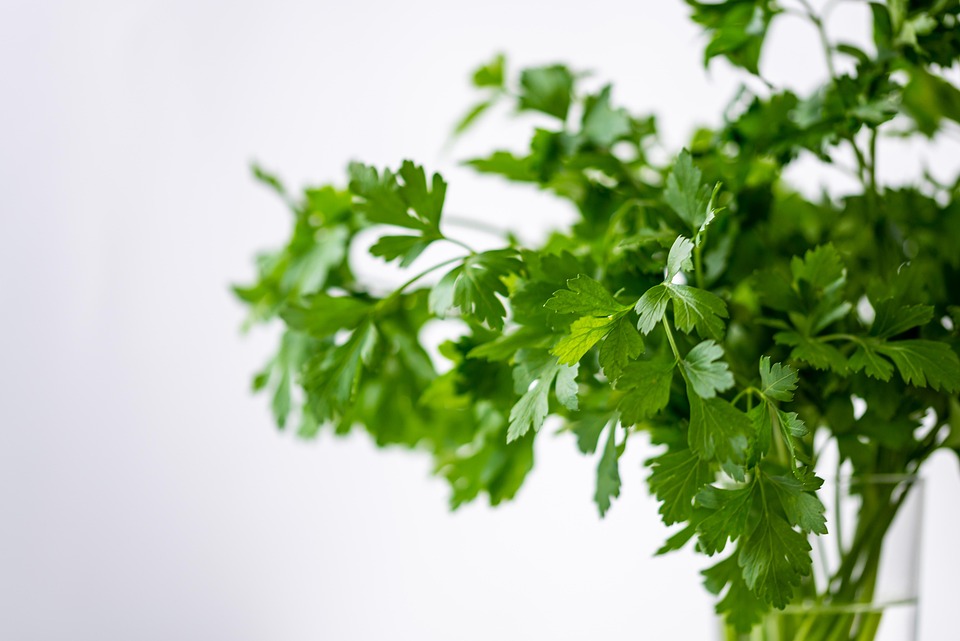In recent years, the focus on sustainability has permeated various aspects of our lives, from the way we shop to how we cook. One of the most effective strategies for embracing a more eco-friendly lifestyle is through sustainable meal prep. By planning meals thoughtfully, we not only prioritize our health but also contribute to a greener planet and significantly reduce food waste.
The Importance of Sustainable Meal Prep
Sustainable meal prep is about more than just cooking in batches. It involves a holistic approach that takes into account the environmental impact of our food choices. Food waste is a significant contributor to greenhouse gas emissions; in fact, one-third of all food produced globally is wasted, leading to an annual loss of 1.3 billion tons. By meal prepping, we can reduce this waste and its detrimental effects on the environment.
Benefits of Meal Prep
-
Reduced Food Waste: When you prepare meals in advance, you have better control over the ingredients used and can ensure that nothing goes unused.
-
Healthier Eating: Meal prep encourages consuming more whole foods and home-cooked meals, steering clear of processed ingredients laden with preservatives.
-
Budget-Friendly: Buying in bulk and utilizing leftovers effectively can save money. You’ll also spend less on impulse purchases when you have planned meals.
- Time Efficiency: Preparing meals in advance can save time during busy weekdays, allowing you to enjoy home-cooked meals without the stress of last-minute cooking.
The Steps to Sustainable Meal Prep
1. Plan Your Meals
Start by planning your meals for the week. Consider incorporating seasonal and local ingredients that minimize the carbon footprint associated with transportation. Create a menu that includes diverse recipes, allowing you to use ingredients across multiple meals to avoid waste.
2. Shop Mindfully
Make a shopping list based on your meal plan. Stick to it to prevent impulse buys, and try to purchase items from local markets or organic farms to support sustainability. Keep an eye out for items that are nearing their expiration date—these can often be purchased at a discount and used immediately.
3. Cook in Batches
Prepare components of your meals in larger quantities. For example, cook grains like rice or quinoa, and roast a variety of vegetables at once. Store them separately, and mix and match them throughout the week.
4. Use Leftovers Creatively
Turn leftover ingredients into new meals. For instance, if you’ve roasted a chicken, use the leftover meat in salads, sandwiches, or soups throughout the week. Be inventive—there are myriad ways to repurpose food!
5. Store Properly
Invest in quality, reusable containers to store your meals safely. Opt for glass or BPA-free plastic options that can be reused multiple times. Label each container with the date it was prepared to help keep track of freshness.
6. Compost What You Can’t Use
If you find that you have scraps or ingredients that have gone bad, composting can be a great way to minimize waste. Instead of sending food scraps to a landfill, they can enrich your garden and return nutrients to the soil.
Making Sustainable Choices
As you incorporate sustainable meal prep into your lifestyle, consider these additional choices:
-
Eat More Plant-Based Meals: Incorporating more plant-based meals into your diet can significantly reduce your carbon footprint. Focus on fruits, vegetables, legumes, and grains.
-
Choose Sustainable Proteins: If you consume animal products, look for meats and dairy that are sustainably raised. Local farms often employ practices that are kinder to the environment.
- Avoid Single-Use Items: Reduce reliance on single-use plastics by using reusable bags, jars, and containers for food storage.
Conclusion
Sustainable meal prep not only enhances personal health but also plays a pivotal role in ecological conservation. By planning meals, reducing food waste, and making conscious choices about what we eat, we can contribute to a healthier planet while enjoying the myriad of benefits that come with home cooking. Embrace this sustainable approach and watch your impact ripple beyond the dinner table.



